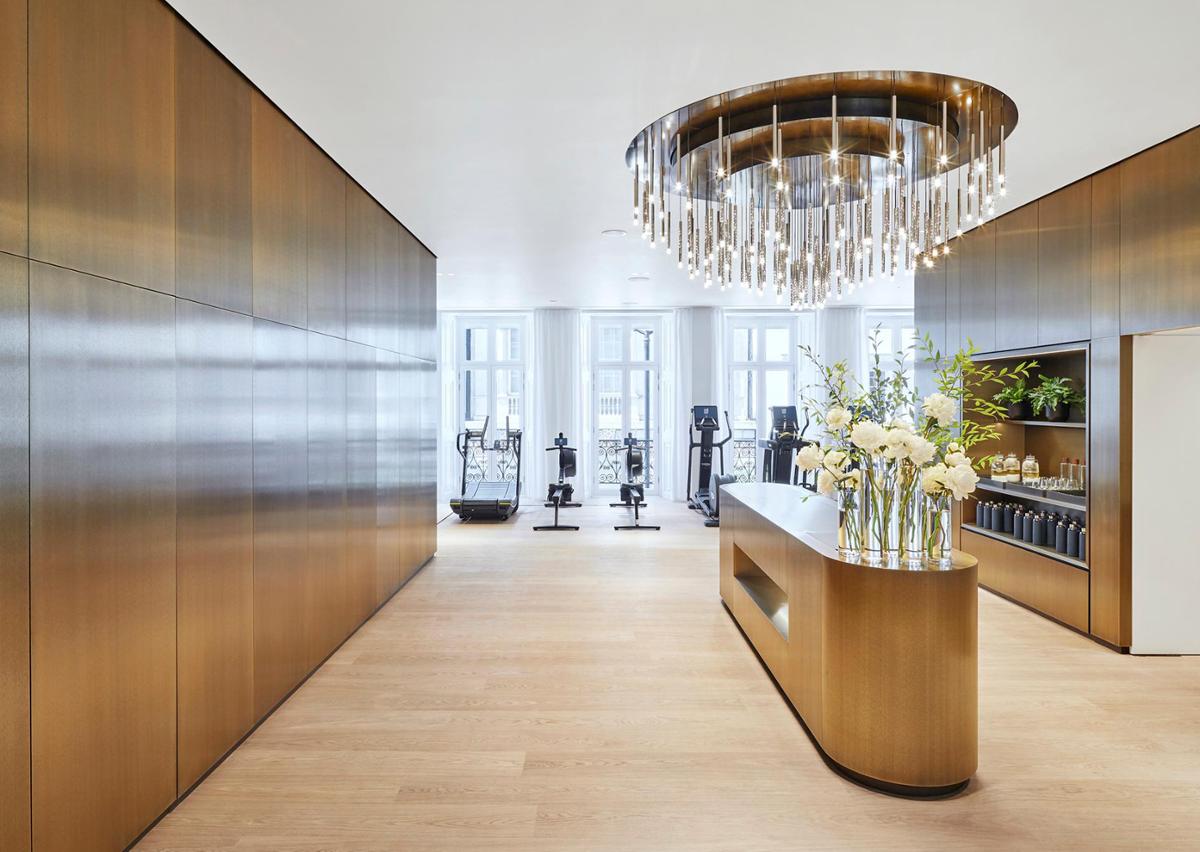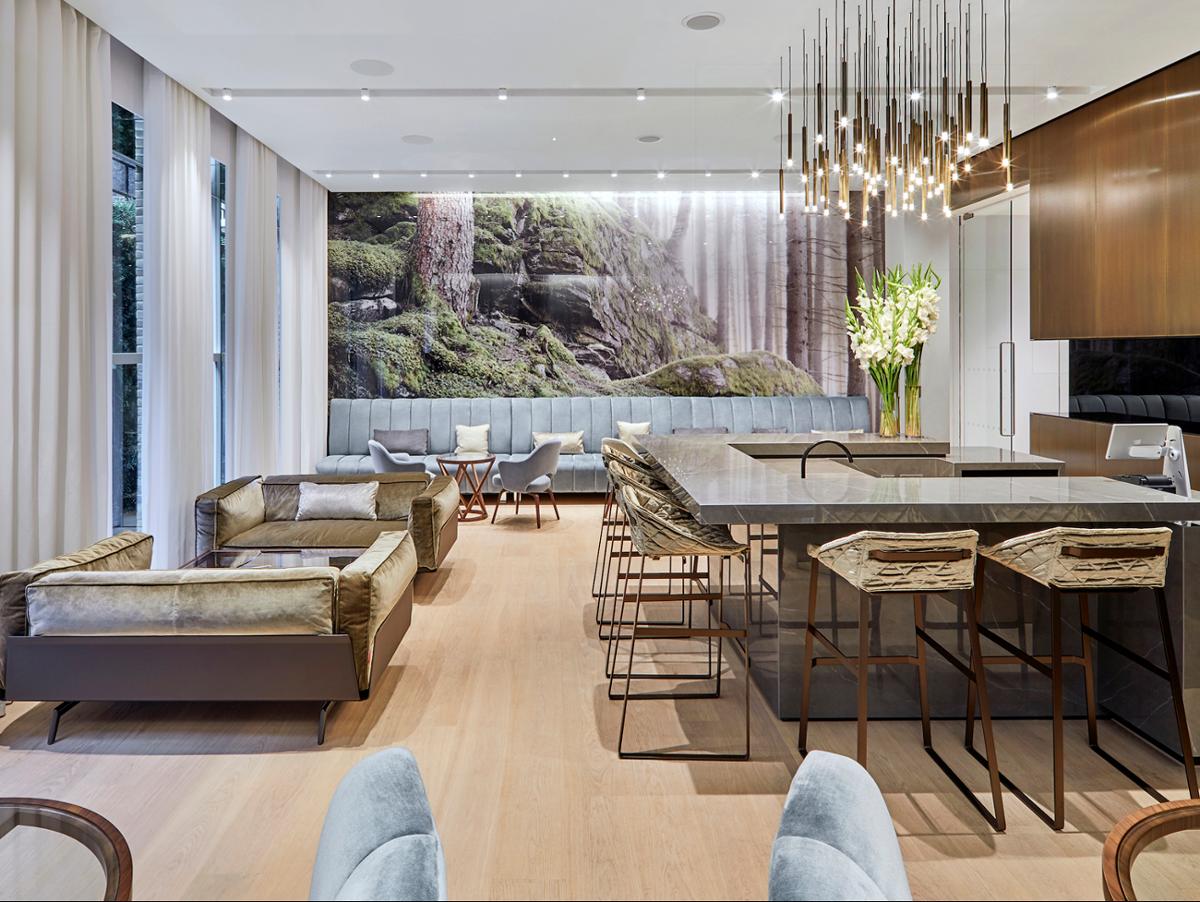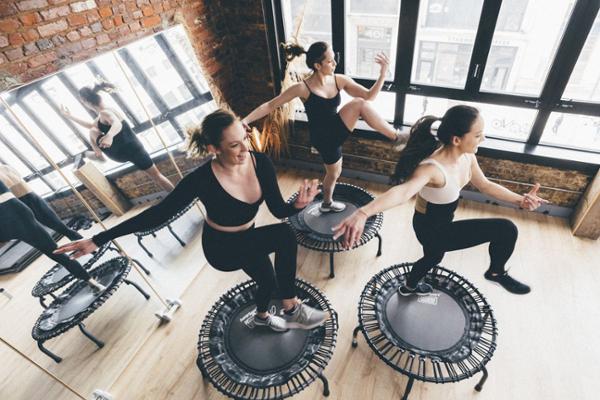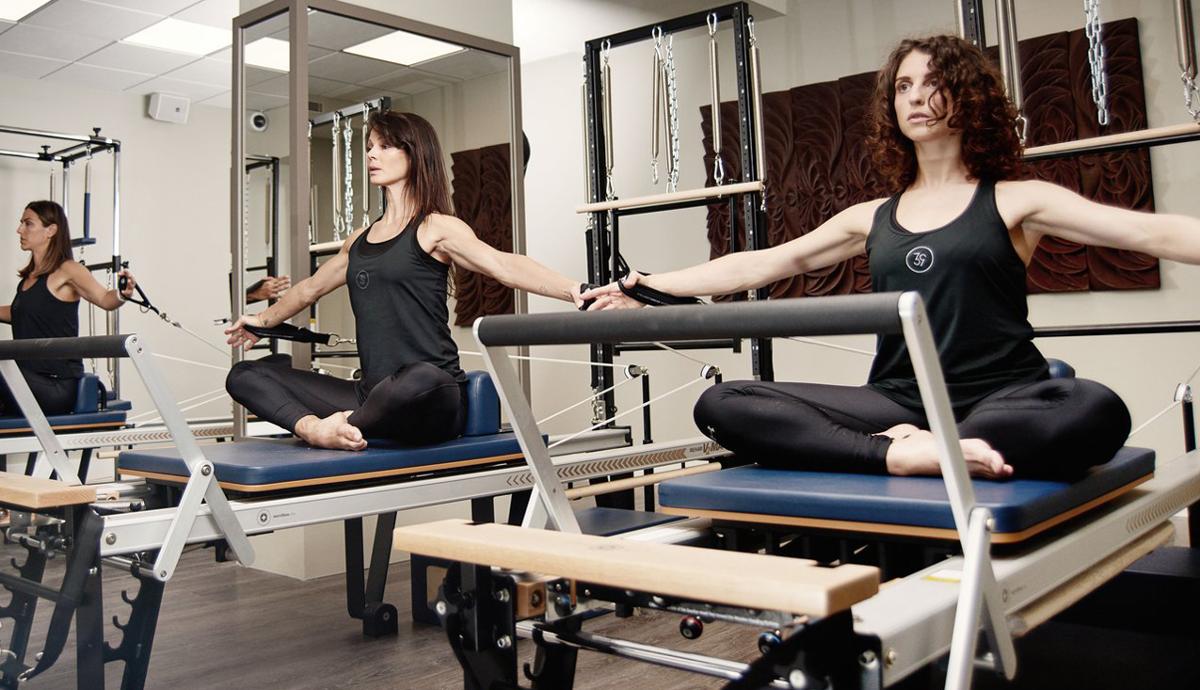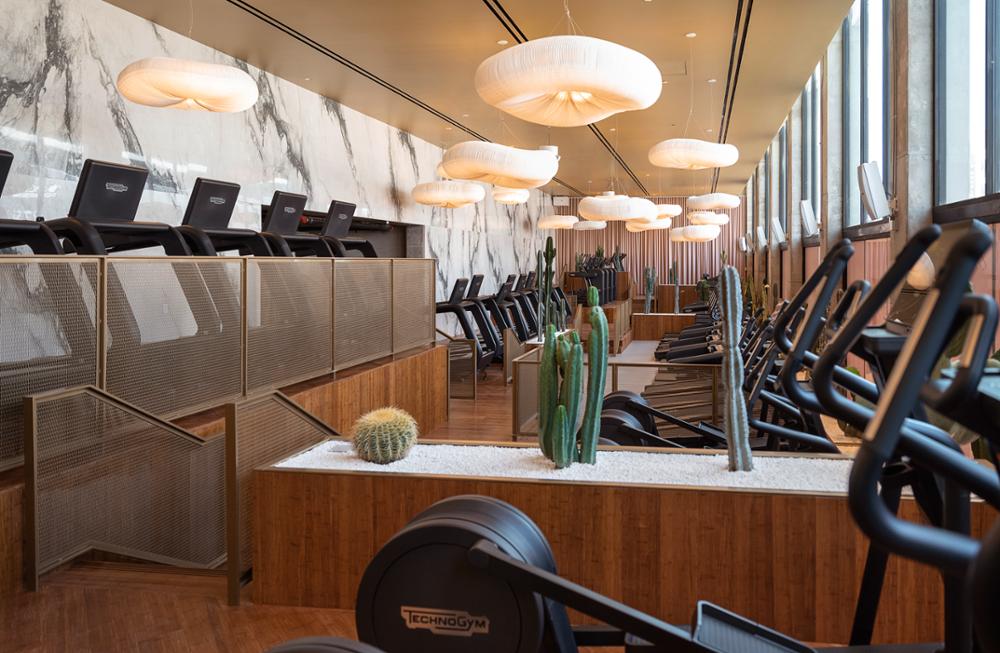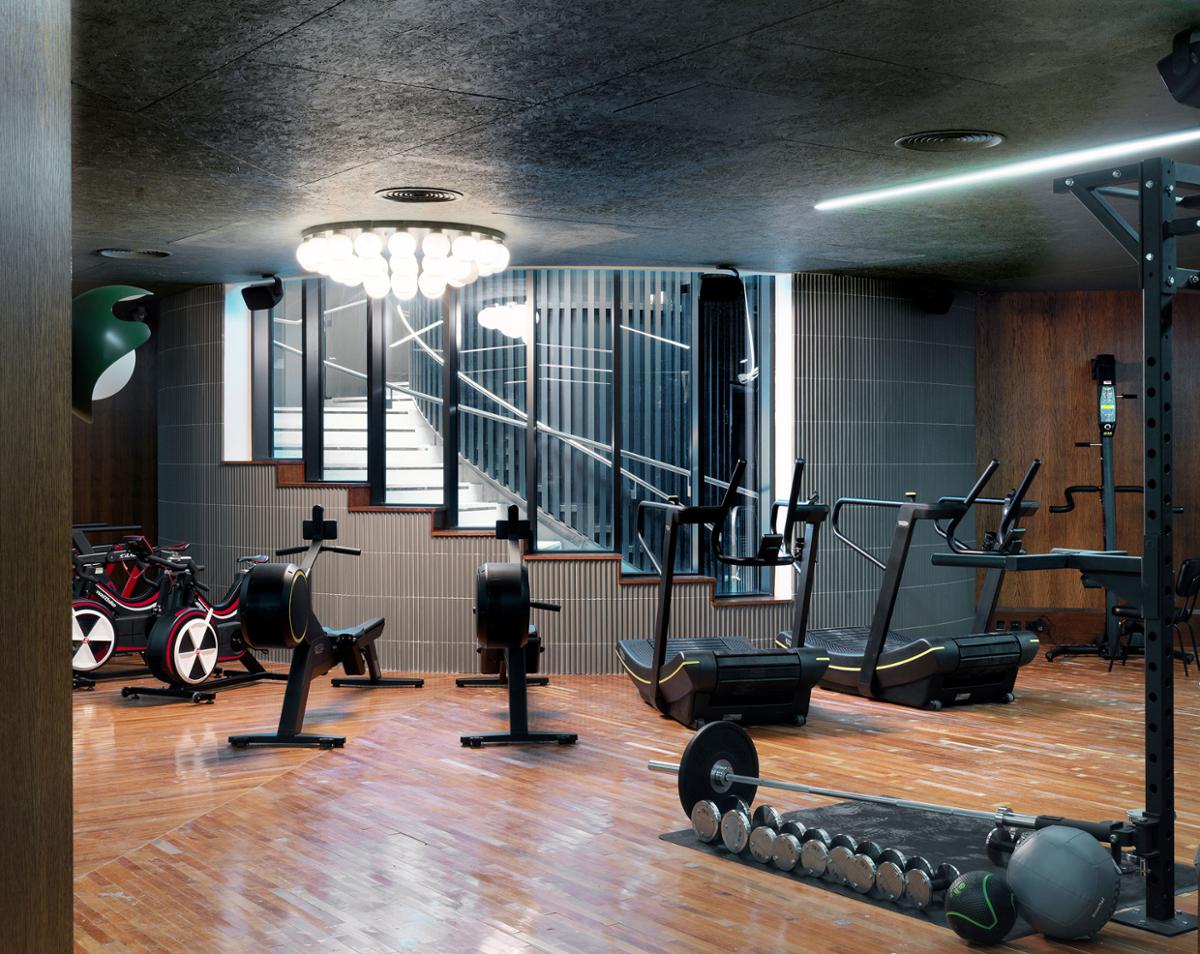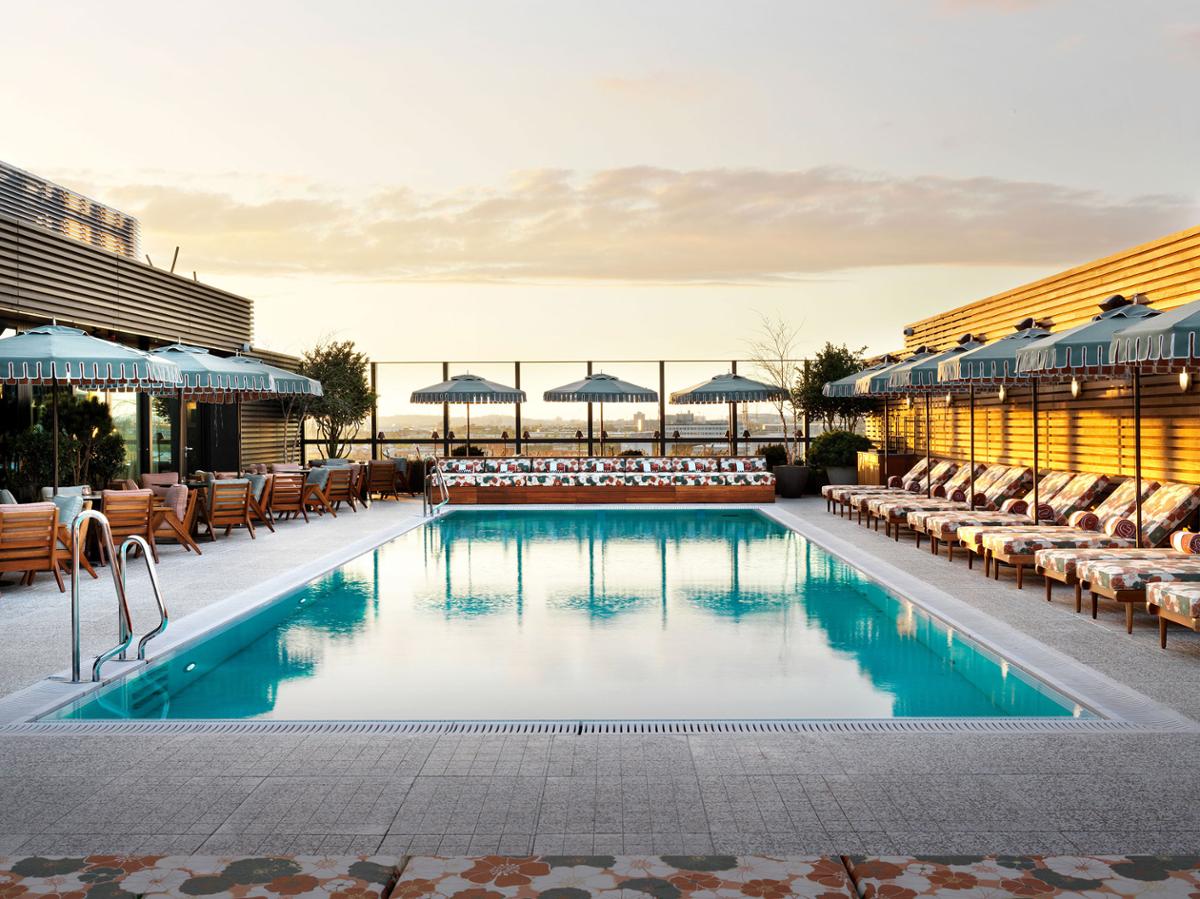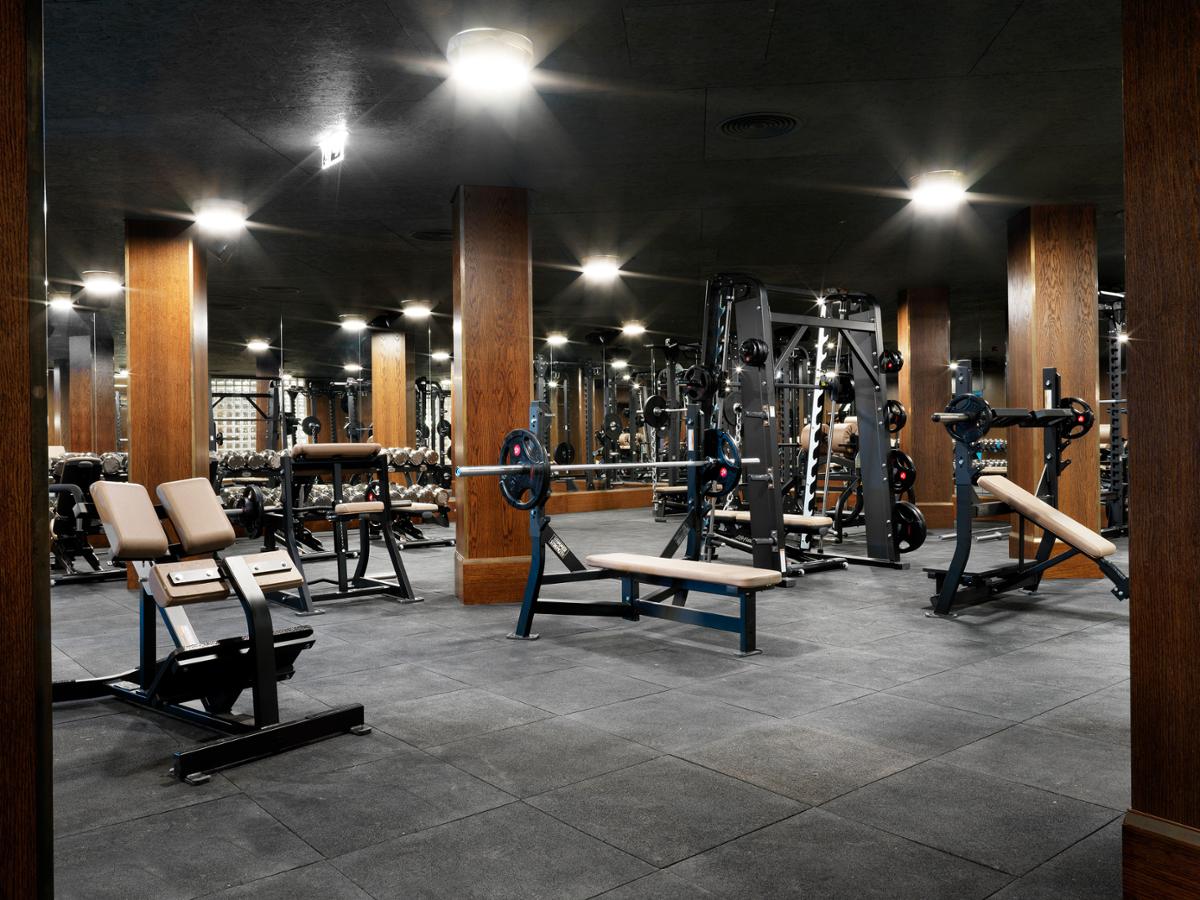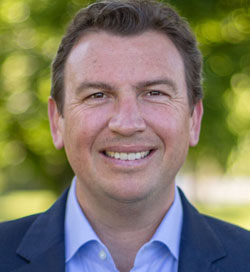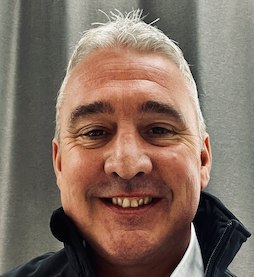Private clubs have always held an allure, and members-only establishments based around hospitality, networking and socialising have existed in major European cities since the 17th century.
Today, this private club market is booming, with places such as Silencio in Paris – opened by film director David Lynch – describing itself as a ‘the successor to 17th century Parisian literary circles and the clubs of 18th century London.’
Private members’ clubs are a worldwide phenomenon – from R360, which limits its global membership to 1,000 billionaires and has the aim of promoting social responsibility (www.r360global.com), to Core in New York, Milan and San Francisco (www.thecoreclub.com), which has a joining fee of US$50,000 and annual fees of US$17,000. The club is thriving, with the New York branch relocating to a bigger 60,000sq ft site at 711 Fifth Avenue, where it’s co-located with the Polo Lounge.
Another example, the Carnegie Club at Skibo Castle (www.carnegieclub.co.uk) in Scotland was created by American industrialist and philanthropist, Andrew Carnegie as a ‘millionaire’s playground.’
Sitting on 8,000-acres of parkland with a health club, golf course and spa, memberships costs around £10,000 a year, plus a £30,000 one-off joining fee. The club’s membership is limited to around 350.
Health and fitness adopts the model
Now this private membership club model is arriving in the health and fitness industry in varying degrees of scale and brands are raising their prices, adding value to their services and offering membership on an invite-only basis to a carefully curated audience of thought leaders and business people, who network while working out.
HCM editor, Liz Terry, says: “Although, the average membership rate in the US is US$58 (€53, £45) per month, while 41 per cent of members pay less than US$25 (€23, £20) per month, we’re aware of high-level health clubs in major cities such as Paris, New York and Milan charging upwards of £30,000 a year for a membership, making them very exclusive. As wealth distribution becomes ever more concentrated, we’ll see an acceleration of this trend.”
David Minton, founder of data analyst Leisure DB says: “Although there’s little overt marketing for invite-only or application clubs, people are queuing up to join. Luxury brands have boomed since the start of the pandemic and in the UK, for example, the premium market has doubled in size since 2019 to around 100 sites which charge between £150 ($191 €174) and £600 (€695, $765) per month.
“Mostly in and around London, these clubs are targeting the 1 per cent, which is an easier market than the 15 per cent who attend more standard health clubs and the 85 per cent who are not regularly using a health club. These clubs are where like-minded members meet the future of wellness and preventative self-care.”
A trillion-plus market
In order to run this model the clubs have to tick every box for the most discerning of customers, offering personalised programmes that get results, a tight knit community and a luxurious setting, says Minton, who describes them as “a combination of sleek décor and cutting edge services such as cryotherapy, vitamin and IV infusions, sleep pods, regeneration rooms, compression therapy and hammam. While a team of nutritionists, podiatrists, physiotherapists and rock star PTs create tailor-made regimes that are monitored to ensure results”.
IHRSA CEO, Liz Clark, believes models such as invite- and referral-only are here to stay because they represent a customer model that’s been carried over from other parts of the consumer marketplace – such as travel and fashion – and because wider consumer spending on wellness-related products and services is robust.
According to McKinsey, the global wellness market is now worth $1.5 trillion (€1.36tr, £1.18tr) and is growing at 10 per cent a year, while the Global Wellness Institute put the number at US$4.4 trillion in 2022 and forecasts growth to US$7 trillion by 2025.
Luxury clubs in Europe
Thirty Nine Monte Carlo (www.39montecarlo.com) was opened in 2016 by Scottish ex-Rugby International, Ross Beattie, who says it has a unique wellness-focused concept, offering members access to high-tech sports equipment and training from sports professionals in a private-club setting. Membership costs €4,900 a year – €2,700 for those under 27.
In London, The Arts Club (www.theartsclub.co.uk) delivers a high-level, members’ only health and fitness and wellness service in partnership with European destination spa operator, Lanserhof.
On offer are state-of-the-art fitness facilities, medical facilities, high-tech diagnostics and restorative therapies.
These include everything from MRI scans and cardiology and orthopaedics’ appointments, to IV vitamin infusions, nutrition advice, acupuncture and restorative facials.
Lanserhof – which has a portfolio of destination spas across Europe – is renown for its signature protocol which is based on the Mayr Cure (www.lanserhof.com).
The Arts Club, with annual memberships at £2,500/year, plus a £2,000 joining fee, also has reciprocal memberships with a range of private clubs globally, such as the Cercle De L’union Interallee in France (www.union-interalliee.fr).
New York City clubs
There are a growing number of clubs in the US – predominantly in New York and Los Angeles – aimed at thought leaders, creatives, founders or executives, Ghost in trendy Williamsburg, Brooklyn, New York City (www.ghost.xyz) costs up to US$300 (€272, $235) a month and requires an up-front payment of US$1,500, an application, an interview and an internal review process before membership is granted.
For that, members get private personal training and ‘beautifully-designed spaces to work out, socialise, create and convene.’
The Ness in New York, (www.thenessnyc.com), founded by Ali Giampolo, Dria Murphy and Collette Dong, has adopted the trampoline as its workout tool of choice, offering muscle-sculpting and cardio sessions on and off the trampoline in its two studios – on Broadway and the Hamptons (Bridgehampton) – and taking bookings via referrals, as well as offering access via free trials.
The company delivers a range of classes, from group instruction to private training (which can also take place in private homes), as well as live and on-demand sessions, with 700 videos currently available and new content dropping every week, monetising the brand via digital.
The Ness trampoline which is used for the workout is manufactured by Jumpsport, can be bought online for US$499.99 and comes with a degree of class access.
Giampolo says the benefits of The Ness method include creating greater mental, emotional and physical stamina, freeing up lymphatic drainage, improving fitness and extending longevity.
Gwyneth Paltrow has also been seen in the Hamptons trying out The Ness workout – the ultimate wellness endorsement for some consumers (www.hcmmag.com/paltrowtheness)
Los Angeles
With four studios – one in New York and three in Los Angeles, Forma Pilates (www.formapilatesla.com), will only accept members via a referral and prides itself on fostering a tight-knit community of like-minded individuals.
Founder Liana Levi – originally a jeweller – started the company during the early stages of the pandemic in her mother’s pool house in Westwood, LA.
A trained Pilates instructor looking for ways to exercise during lockdown, she ordered a Pilates reformer and posted her routines to Instagram, where she now has 126k followers (www.instagram.com/lianalevi).
Friends showed an interest, so she started charging as lockdowns ended, but continued the focus on individual coaching and a close circle of members. “I didn’t want to get sick with COVID, so I made it a referral-only business,” she told Vogue Beauty.
“One day, a childhood friend brought along a celebrity. Then it just blew up,” says Levi, who is said to count celebrities such as Kylie Jenner and Kaia Gerber – Cindy Crawford’s daughter – as clients.
Classes are US$75 in New York and US$100 in LA, with private lessons US$250.
Levi sells a virtual class option, that doesn’t require a referral, at US$49.99 a month, enabling her to widen the monetisation of the Forma brand. She also acts as a social media influencer, wearing and name-checking brands such as Sporty & Rich – which is heading into wellness, having just opened a spa and juice bar in its New York City flagship (www.sportyandrich.com) – and Gymshark Woman (www.instagram.com/gymsharkwomen).
The Monarch Athletic Club in West Hollywood, Los Angeles, (www.monarchclubs.com), has a strapline of ‘wellness reimagined’, offering medically-driven services and an evidence-based approach.
The club offers unlimited personal training, unlimited physical therapy and unlimited preventative medicine consultations and treatments, as well as bloodwork panels, metabolic training and high-level recovery options.
Also on offer are nutrition counselling, personalised supplements, IV therapy and a nutrition bar. The club offers members virtual workouts for when they’re on the road. It requires members to undergo a medical evaluation and training assessment before joining. Fees range from $595 (€540, £466) to US$2,000 (€1,816, £1,567).
The relevance of Heimat
Also in Los Angeles, and flying the flag for global multi-site operators in a sea of independents, is Heimat (www.heimat.com), the first of a new private members’ club concept from RSG Group, that opened in August 2022 (www.hcmmag.com/Heimat), just before the untimely death of founder and CEO, Rainer Schaller.
Part health club, part private members’ club, the 75,000sq ft Heimat is initially being rolled out in San Francisco, Dallas and Berlin, with further locations planned in other world cities.
At the time of launch, Schaller said he built his new brainchild around the philosophy that wellbeing is not just a physical pursuit, but requires a lifestyle that delivers from morning to night, through work, rest and play.
“Having worked in every part of the fitness market for over 25 years, it was clear that the industry was missing an exclusive place where you could find every type of training under one roof and where members experience a feeling of familiarity and belonging,” he told HCM at the time. “We believe in nourishing the body and mind and felt the time was right to introduce Heimat.”
Built over five floors in a converted 1930s warehouse, the club offers the latest fitness spaces and classes, a luxury boutique spa and restaurant by award-winning chef Michael Mina, designed by Martin Brudnizki Design Studio (www.mbds.com). It also offers co-working spaces and a country club-style rooftop pool and bar area with cabanas, table service and sweeping views of the Hollywood Hills.
On offer for fitness are the nine purpose-built studios for everything from reformer Pilates and cycling, to TRX, dance, yoga, boot camp and boxing. Heimat has a dedicated Technogym Kinesis studio, with 10 stations.
Also available are functional and machine strength training from gym80 (an RSG brand), a dedicated stretching area and cardio equipment from Technogym. A Heimat app integrates the use of equipment for members to create a customer journey, while the club’s ‘Cultivate’ programme includes ‘thought-provoking programming’ and private events featuring up-and-coming artists, tastemakers and ‘cultural connoisseurs’ and RGS is clearly building a vibrant community as part of its commitment to helping people ‘reimagine how to live well’.
Memberships, by application only, cost US$350/month with a US$300 joining fee and one-year commitment.
Private club trail blazers
One of the best-established global private club operators – Soho House – has been offering members a mix of fitness and wellness services in addition to hospitality, workspace and accommodation since it was established by Nick Jones in London in 1995.
The company has been quietly rolling out globally for decades and now has 40 locations, including New York, Miami, Los Angeles, St Vincent and the Grenadines, Berlin, Copenhagen, Istanbul, Bangkok and Hong Kong.
New Soho House properties – some with gyms and some without – will open soon in Charleston, Portland Oregon, Mexico City, Glasgow, Manchester and São Paulo.
In line with its luxury targeting, the company also owns around 30 restaurants, including Kettner’s in London and Le Vallauris in Palm Springs, while 36 art collections are housed in its clubs. It also developed and runs the Cowshed spa product line and Cowshed spas brand.
The company attracted a following in its early years by being a membership club for creative people, instead of a private club catered for financiers, politicians and business people, as had more traditionally been the case, so it made the concept of a club more accessible and affordable, but still exclusive.
With well-established operations and new concepts vying for a slice this increasingly lucrative market and investors keen to put their money into high-end real estate, we expect to see more invitation-only and private members’ clubs rolling out globally as the market for health, fitness and wellness lifestyle continues to expand.








